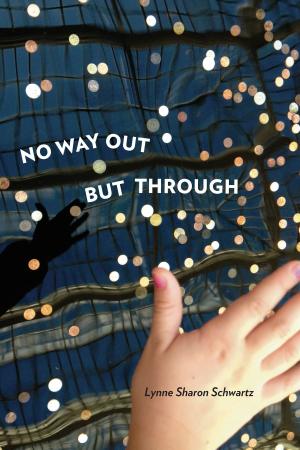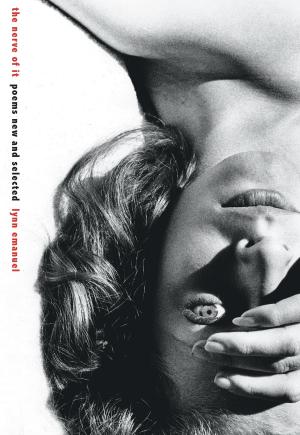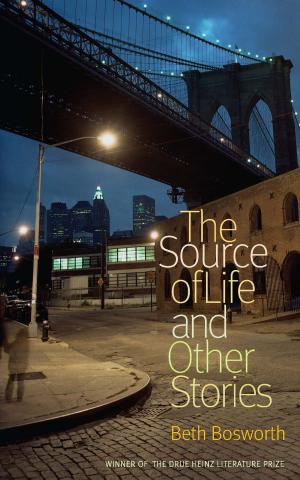| Author: | Jessica Greenbaum | ISBN: | 9780822986584 |
| Publisher: | University of Pittsburgh Press | Publication: | March 26, 2019 |
| Imprint: | University of Pittsburgh Press | Language: | English |
| Author: | Jessica Greenbaum |
| ISBN: | 9780822986584 |
| Publisher: | University of Pittsburgh Press |
| Publication: | March 26, 2019 |
| Imprint: | University of Pittsburgh Press |
| Language: | English |
Spilled and Gone, Jessica Greenbaum's third collection marries the world through metaphor so that a serrated knife on its back is as harmless as "the ocean on a shiny day," and two crossed daisies in Emily Dickinson's herbarium "might double as the logo /for a roving band of pacifists."
At heart, the poems themselves seek peace through close observation's associative power to reveal cohering relationships and meaning within the 21st century-and during its dark turn. In the everyday tally of "the good against the violence" the speaker asks, "why can't the line around the block on the free night/ at the museum stand for everything, why can't the shriek /of the girls in summer waves . . . / be the call and response of all people living on the earth?" A descendant of the New York school and the second wave, Greenbaum "spills" details that she simultaneously replaces-through the spiraling revelations only poems with an authentic life-force of humanism can nurture.
Spilled and Gone, Jessica Greenbaum's third collection marries the world through metaphor so that a serrated knife on its back is as harmless as "the ocean on a shiny day," and two crossed daisies in Emily Dickinson's herbarium "might double as the logo /for a roving band of pacifists."
At heart, the poems themselves seek peace through close observation's associative power to reveal cohering relationships and meaning within the 21st century-and during its dark turn. In the everyday tally of "the good against the violence" the speaker asks, "why can't the line around the block on the free night/ at the museum stand for everything, why can't the shriek /of the girls in summer waves . . . / be the call and response of all people living on the earth?" A descendant of the New York school and the second wave, Greenbaum "spills" details that she simultaneously replaces-through the spiraling revelations only poems with an authentic life-force of humanism can nurture.















